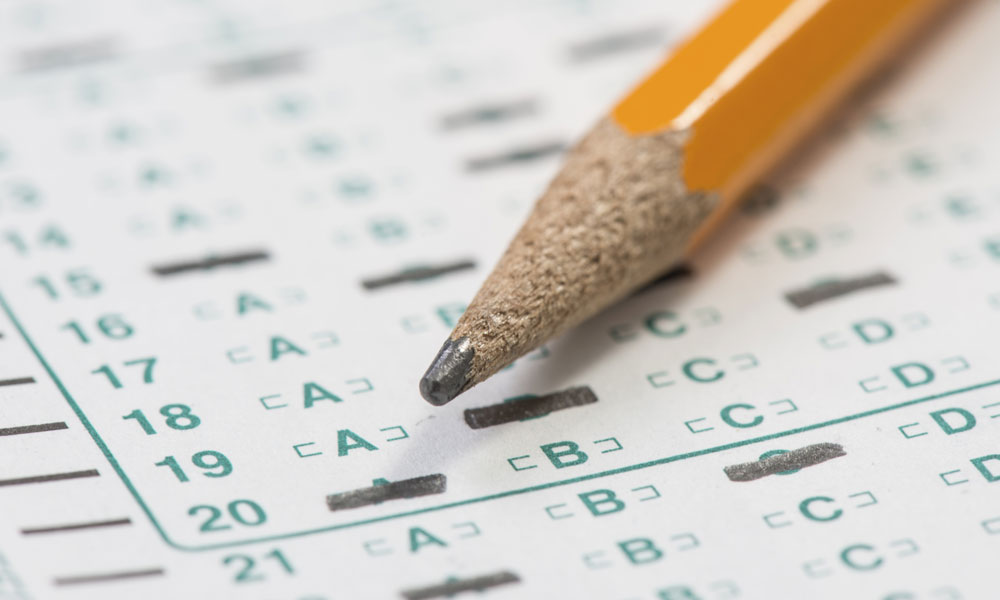
A Focus on Focus: The College Board Gives the SAT a Revamp
The SAT test, which has faced criticism in recent years for being a poor indicator of a student's success in college, will get a major rehaul starting in 2016. The goal? To remove some of the randomness of the testing process.
Criticized in recent years as a poor indicator of a student’s success in college, the SAT will get a major overhaul, starting in 2016, to remove some of the randomness of the testing process.
A longstanding rite of passage for high schoolers is about to get a major change.
The reason? According to College Board President David Coleman, the SAT (along with its main rival, the ACT) has “become disconnected from the work of our high schools.”
The changes announced Wednesday by the association, whose members include thousands of educational institutions, represent a fundamental rethinking of the test that will be rolled out in 2016. Among the more prominent changes:
Dropping the essay requirement: The writing section, added in 2005, will no longer be required. Currently the essay is mandatory, even though colleges largely ignore its score, according to Inside Higher Ed. The focus of the writing test will change from one based on personal experiences to both analysis and writing skills, with students basing their essay on a provided passage. With the requirement dropped, the SAT’s point scale will return to the traditional 1600-point format; writing will be assessed separately.
Focusing on core elements: The new edition of the test will include changes to the vocabulary and math sections, with a goal of addressing common criticisms—in the case of vocabulary, obscurity; in the case of math, randomness. Both tests will gain additional focus, with the vocabulary test shifting to words commonly used in the workplace and the math test targeting three specific areas.
Mistakes don’t count: Here’s a change that students will probably love: Partial points will no longer be deducted for incorrect answers on multiple-choice portions of the test. The deductions originally were intended to prevent guessing but instead led students to strategize about when it was safe to guess.
But will the changes be enough to silence critics? As The New York Times notes, the test’s issues stem from the fact that high school students’ grades tend to better predict a student’s success in college than standardized test scores. That view is supported by a recent study released by the National Association for College Admission Counseling that found there was “virtually no difference” in graduation rates for students, whether or not they took a standardized test.
And the test has been seen as creating inequities based on students’ financial means. In a speech on Wednesday, Coleman said the College Board is aiming to address that issue, according to the Times: “It is time for the College Board to say in a clearer voice that the culture and practice of costly test preparation that has arisen around admissions exams drives the perception of inequality and injustice in our country. It may not be our fault, but it is our problem.”
A breakdown of the changes is available on the College Board’s website.
(iStock/Thinkstock)






Comments